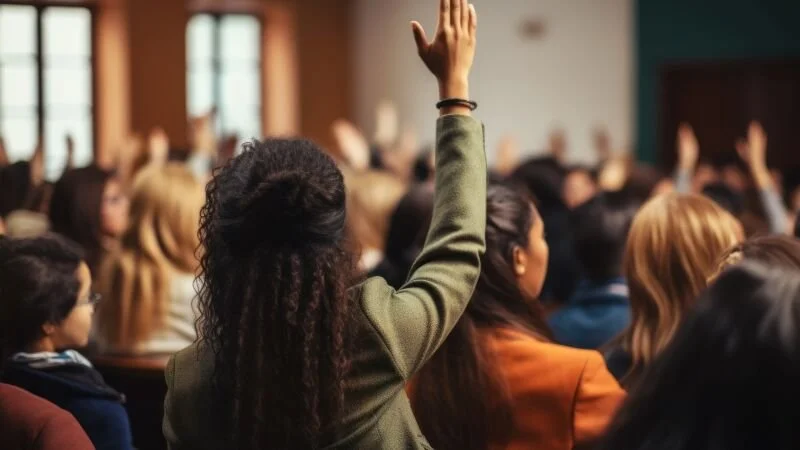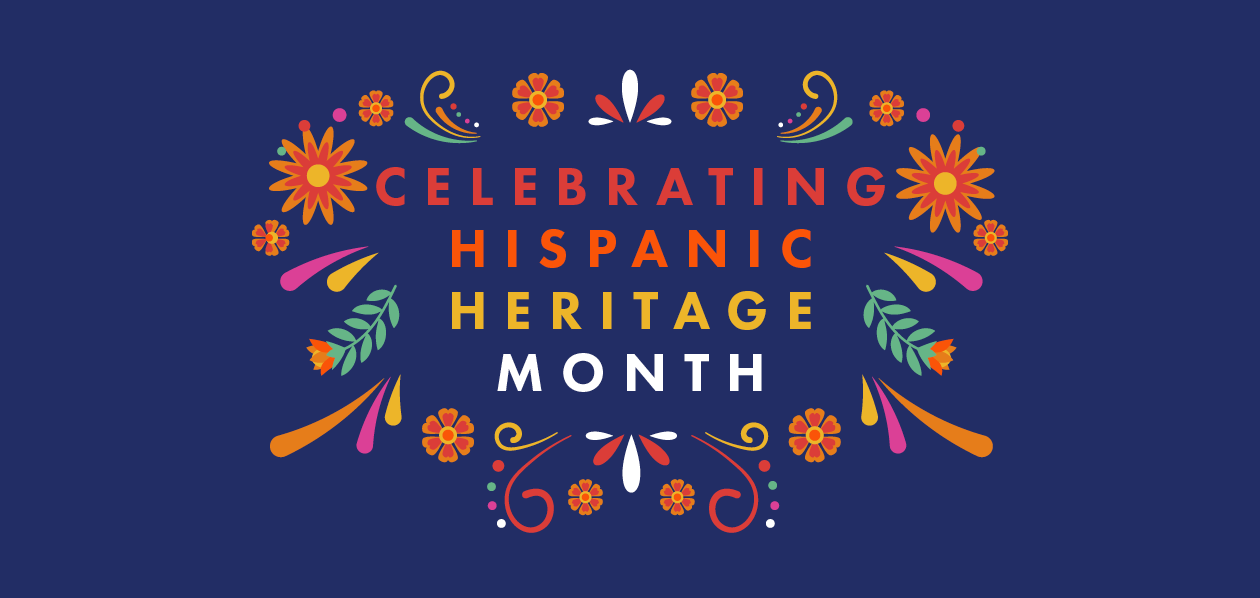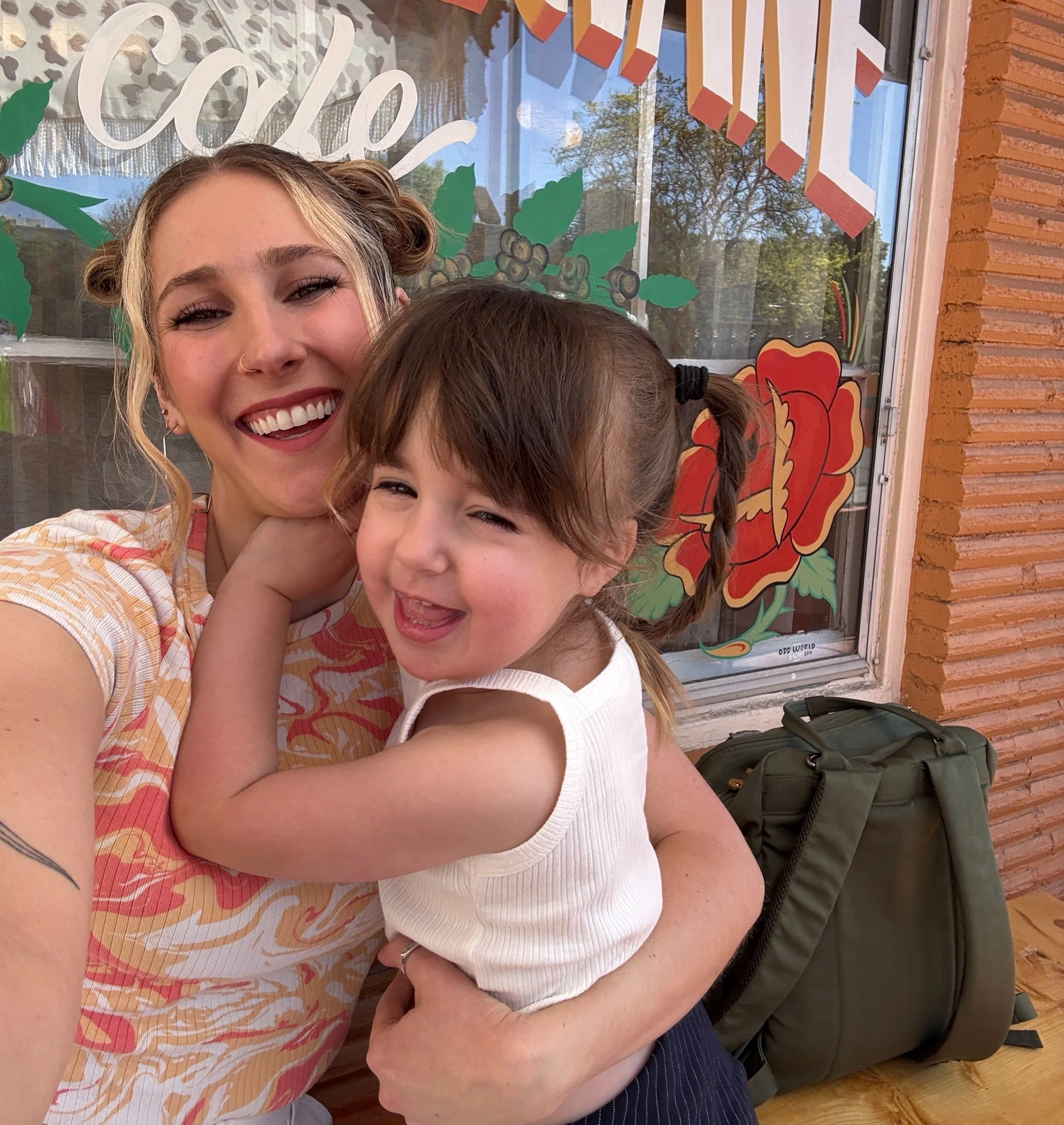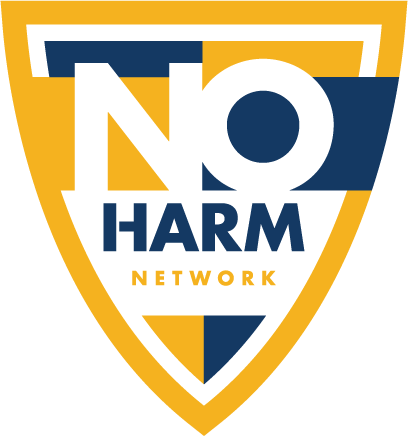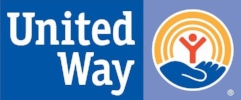Combating sex trafficking and exploitation requires a collective, multi-faceted approach, which includes leveraging technology, survivor-centered support, law enforcement collaboration, public awareness, and demand reduction in order to protect vulnerable populations and end exploitation
Key highlights:
Human trafficking is a local problem — Contrary to the stranger danger myth, trafficking primarily involves emotional manipulation and targets vulnerable populations locally.
Prevention requires talking to men and boys — Discussions should be held about how online pornography, and the impact of their visits to strip clubs is furthering the sexual exploitation of women and indirectly fueling sex trafficking.
Human trafficking is a criminal enterprise — This enterprise is operating in the shadow economy, with profits that fuel the world’s second-largest illicit financial enterprise.
An estimated 50 million people are currently living in modern slavery globally, a stark reality often hidden in plain sight. Indeed, World Day Against Trafficking in Persons, established by the United Nations in 2013, serves as a crucial reminder that human trafficking remains one of the most pressing human rights challenges of our time.
A recent Thomson Reuters Institute webinar in observance of this day brought together experts from technology, survivor services, and law enforcement for a discussion to deepen the collective understanding of trafficking’s complexities, examine its devastating impacts on victims, and develop strategies to drive meaningful change.
Debunking myths around human trafficking
Human trafficking is often misunderstood, with common misconceptions including the stranger danger myth that most trafficking situations come from anonymous kidnappers. However, Kristin Boorse, CEO of Spotlight, a nonprofit group helping law enforcement on the front lines of domestic minor sex trafficking, notes that trafficking often involves emotional manipulation by traffickers who target individuals from vulnerable populations, including youth without housing and children in foster care and juvenile justice systems.
Bianca Davis, CEO of New Friends New Life, which provides comprehensive care to human trafficking victims, explains that between 95% and 97% of the survivors with whom she works are local. And, according to the U.S. Department of Homeland Security (DHS), fraud and coercion are more prevalent than brute force in trafficking cases. In fact, traffickers frequently use master manipulator tactics and trauma bonds to exploit existing vulnerabilities.
Evolving approaches to combating trafficking
The fight against human trafficking requires a multi-faceted approach that involves cooperation of technology companies, survivor support organizations, and law enforcement agencies. More specifically, this approach can include:
Use and scale of technology — Boorse states that “technology has changed everything” in the anti-trafficking space and has made it easier for offenders to exploit victims. At the same time, technology is also providing opportunities for identifying survivors and offering support. Spotlight has developed innovative tools that help law enforcement and service providers identify trafficking situations and connect survivors with vital resources.
“Trying to identify a child victim in this mound of data is like trying to identify a needle in a haystack, but we aren’t looking for needles, we’re looking for children,” Boorse explains, adding that Spotlight leverages data and AI to help with the identification of some of the most vulnerable children. “We aim to reduce the time it takes to identify a victim from months to minutes. The speed of identification has a direct relationship to recovery and reduces the amount of time a victim remains in trauma.” With the help of technology, Spotlight has helped investigators identify more than 26,000 children.
Holistic approaches to support survivors — Comprehensive survivor support and compassionate care are key parts of the equation when stopping human trafficking. A model to mirror is the one used by New Friends New Life, which provides a range of services, including housing partnerships, emotional trauma support, and economic empowerment through job training and education. Davis emphasizes that rebuilding trust is crucial, and “the whole bunch of love approach” is essential in supporting survivors.
Collaboration with law enforcement and survivor care providers — The protracted nature of prosecuting human trafficking cases makes cooperation between law enforcement and those nonprofits which support survivors critical. Indeed, there often is a 24- to 36-month time span before the trial starts or the trafficker is convicted through a plea deal. This is a long time to keep a victim engaged, and this lengthy timeline can strain that engagement, especially given the trauma and instability survivors often face.
Because of this challenge, law enforcement relies heavily on robust partnerships with service organizations. The hyper-focus on the welfare and the well-being of the victim is key so that law enforcement can then focus on working with the prosecutors on the case.
In addition, collaboration on expanding awareness of traffickers’ recruitment methods in digital spaces is essential. And another key challenge lies in public awareness around the shifting landscape of trafficking online. More awareness and education in our schools and within our own homes are needed, primarily about how offenders use social media and other online platforms to identify and get their foothold on potential victims. Sadly, most minor victims — disproportionately over 95% — are recruited on Instagram, according to DHS.
Addressing root causes is key to prevention
Of course, the best way to prevent sex trafficking is to stop it before it starts, and effective prevention demands a multi-faceted approach starting with early intervention and addressing both vulnerabilities and demand. For example:
Give vulnerable minors love and acceptance — Boorse emphasized the importance of “looking back at the family unit,” noting that “one of the most critical pieces is… this feeling of being loved and accepted, obviously with appropriate boundaries.” She argued that fortifying family and community relationships from early childhood onward can help build emotional resilience and provide children with the strong foundation they need to resist exploitation.
Addressing demand is equally vital — Human trafficking is the second largest and fastest growing criminal enterprise in the world, which means it is a business. “If we are ever going to end this issue, we have to address the demand — and that means talking to our men,” Davis states. More specifically, there is a strong need to educate men and boys about the impact of seemingly “normalized” behaviors, such as consuming sexually exploitative online pornography or visiting strip clubs because “these normalized behaviors fuel a criminal industry,” she adds.
Everyone has a role to play
Combating human trafficking is a collective responsibility that requires education and action from many sectors of society. Everyone has the opportunity to educate themselves and support organizations like Spotlight, New Friends New Life, and the DHS Blue Campaign. In addition, reporting suspicious activity to the DHS tip line (1-866-DHS-2-ICE (1-866-347-2423) or the National Human Trafficking Hotline at 1-888-373-7888, as well as advocating for meaningful policy changes in local communities are other ways to help.
Only through shared commitment and action, can we build a world in which exploitation no longer has a foothold and all people can be free from the devastating exploitation of human trafficking.








